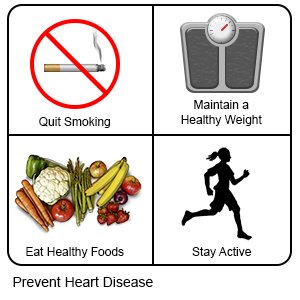Enhanced External Counterpulsation
Medically reviewed by Drugs.com. Last updated on Aug 4, 2025.
Enhanced external counterpulsation (EECP) is a nonsurgical procedure used to increase blood flow to your heart. You may need less heart medicine after EECP therapy. EECP can also reduce inflammation in your heart. Your heart may pump better, and more blood may be returned to your heart from your body. EECP therapy may also help decrease your chest pain and increase your energy level.
DISCHARGE INSTRUCTIONS:
Do not smoke:
If you smoke, it is never too late to quit. Ask your healthcare provider for information if you need help quitting.
Eat a variety of healthy foods:
Healthy foods include fruits, vegetables, whole-grain breads, low-fat dairy products, beans, lean meats, and fish. You may need to limit fat, salt, or sugar. Ask if you need to be on a special diet.
Exercise as directed:
Ask your healthcare provider about the best exercise plan for you. Exercise makes the heart stronger and lowers blood pressure.
Related medications
Decrease stress:
Talk to your healthcare provider about the best ways to manage stress. Deep breathing, meditation, and listening to music may help decrease your stress.
 |
Follow up with your healthcare provider or cardiologist as directed:
Write down your questions so you remember to ask them during your visits.
Contact your healthcare provider or cardiologist if:
- Your leg tingling gets worse after your EECP treatments.
- Your legs are tender, bruised, or blistered.
- You have swelling in your legs or ankles.
- Your symptoms return.
- You have questions or concerns about your condition or care.
Seek care immediately or call 911 if:
- You get dizzy and feel faint.
- You have any of the following signs of a heart attack:
- Squeezing, pressure, or pain in your chest
- You may also have any of the following:
- Discomfort or pain in your back, neck, jaw, stomach, or arm
- Shortness of breath
- Nausea or vomiting
- Lightheadedness or a sudden cold sweat
© Copyright Merative 2025 Information is for End User's use only and may not be sold, redistributed or otherwise used for commercial purposes.
The above information is an educational aid only. It is not intended as medical advice for individual conditions or treatments. Talk to your doctor, nurse or pharmacist before following any medical regimen to see if it is safe and effective for you.
Further information
Always consult your healthcare provider to ensure the information displayed on this page applies to your personal circumstances.
